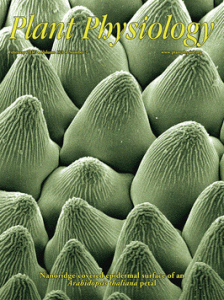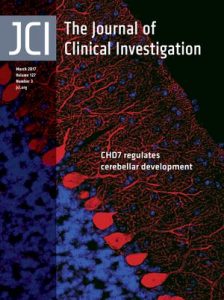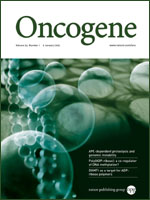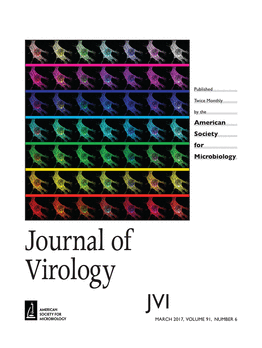 Two journals have retracted two papers by the same group within months of each other, after editors were independently tipped off that they contained duplicated figures representing different experiments.
Two journals have retracted two papers by the same group within months of each other, after editors were independently tipped off that they contained duplicated figures representing different experiments.
The two papers were published by PLOS ONE and The Egyptian Journal of Biochemistry and Molecular Biology (EJBMB) in 2015 and 2014, respectively. According to the PLOS ONE paper’s corresponding author, last author Saad A. Noeman from Tanta University in Egypt used the same Figure 1 in both papers, along with another 2013 paper in EJBMB.
Corresponding author Yasser S. El-Sayed, head of the Department of Forensic Medicine and Toxicology at Damanhour University in Egypt, told us he learned of this issue after a reader brought the figure manipulation and duplication concerns to PLOS ONE’s attention.
El-Sayed said that he tried to figure out what had happened.
Continue reading Author duplicated a figure in three papers; two get retracted
 Researchers in China have retracted a paper and corrected three others in a plant journal, citing problems with multiple figures.
Researchers in China have retracted a paper and corrected three others in a plant journal, citing problems with multiple figures. When two surgeons in Greece learned that a patient had developed a rare side effect following weight loss surgery, they were eager to publish the case.
When two surgeons in Greece learned that a patient had developed a rare side effect following weight loss surgery, they were eager to publish the case. A scientist who sued his employer for millions of dollars has earned two more retractions, for papers that had already been flagged by the journal.
A scientist who sued his employer for millions of dollars has earned two more retractions, for papers that had already been flagged by the journal.



 Here’s a rather odd case: When readers raised issues about some of the images in a 2008 cancer paper, the authors issued a correction last year. But when
Here’s a rather odd case: When readers raised issues about some of the images in a 2008 cancer paper, the authors issued a correction last year. But when  A group of researchers in France has been forced to retract their 2002 article in the
A group of researchers in France has been forced to retract their 2002 article in the